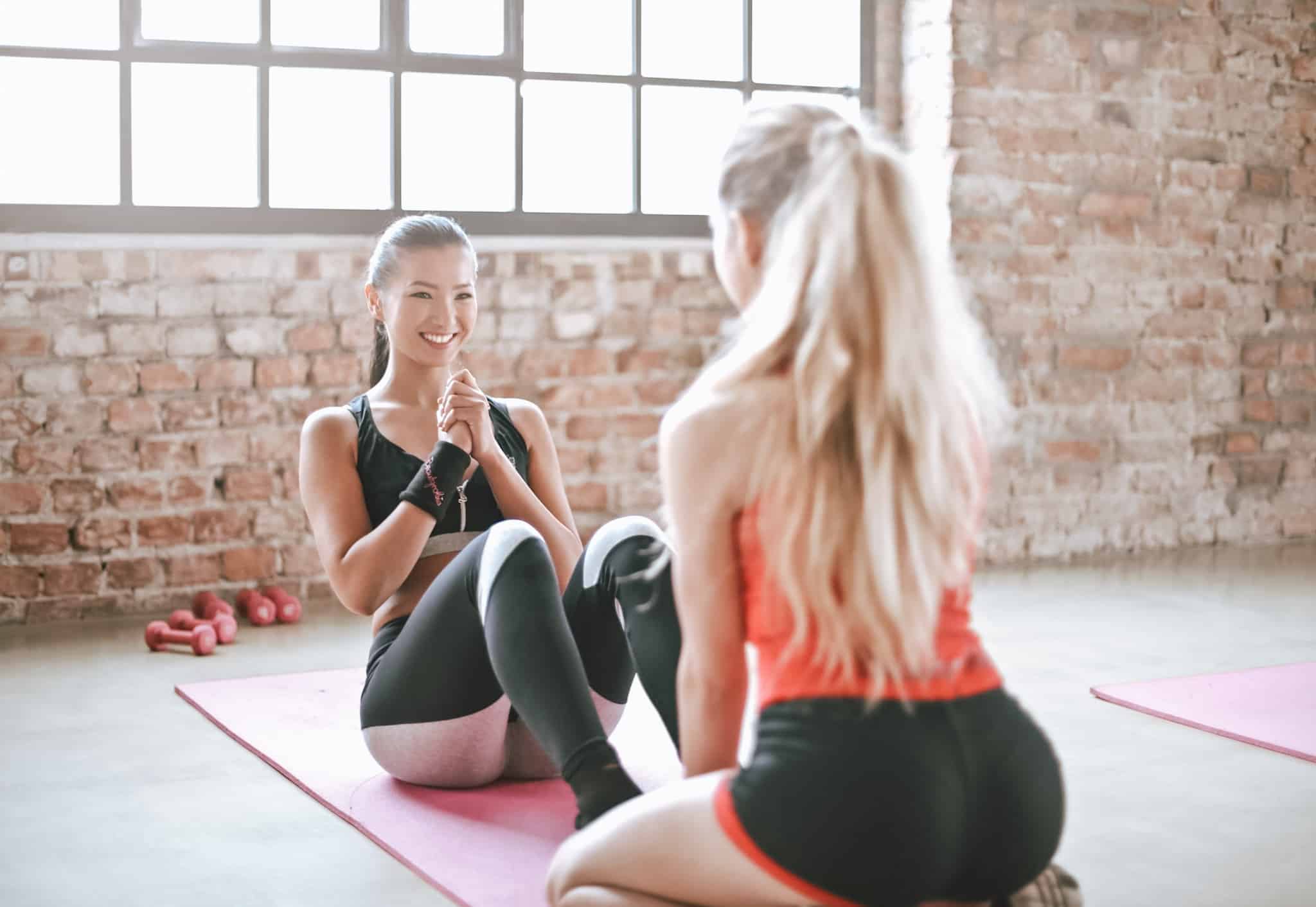5 tips that help you achieve your fitness goals

Are you following a fitness program to improve your health and tone your body?
If so, well done! But make sure you’re doing it right.
Experts warn that setting unreasonable goals or taking up exhaustive programs can lead to frustration as you struggle to keep up without seeing the promised results. And while it’s admirable to set your sights high, it’s also a good idea to have a solid foundation and to take an approach that focuses on clear, attainable goals.
Here are five ways that you can ensure that you meet your goals, without the pressure that can get you off track.
1. Set realistic goals
Start by defining a set of progressive and specific fitness goals that start
out small and gradually build toward the bigger picture.
When you break a big goal into smaller, manageable chunks, it prepares you mentally and physically and helps ensure you’re not jumping into the deep end. Start small, take time to recognize when you accomplish each step and watch your confidence skyrocket.
2. Follow a balanced diet
Eating the right foods will ensure you get the calories and nutrients you need to power your daily activities, including exercise.
Your first meal of the day is the most important and will fuel you throughout the day, so it’s important to eat the right type of food in the morning to stay
energized for longer and fend off hunger pangs. Here’s what you need to know:
Swear off sugar-laden cereals and try oatmeal, whole-grain cereals, and protein from milk, yogurt, and/or chopped nuts.
When making pancakes or waffles, use whole-grain flour instead of all-purpose white flour, and add some cottage cheese to the batter for extra protein.
If you prefer toast, choose whole-grain bread and pair it with peanut butter, an egg, or another healthy protein source.
Fuel your body with complex carbohydrates found in fruits, vegetables, and whole grains. Compared to the simple carbs found in processed food, complex carbs have more staying power and are digested slowly, so they leave you feeling full for longer.
Unsaturated fats can help you minimize inflammation and are a good source of calories so remember to include nuts, seeds, olives, avocado, and natural oils in your diet.
3. Increase water intake
As you go about your daily activities, you’re constantly losing water through your breath and sweat. But water is essential to our health and performance, especially when we exercise.
If you start out dehydrated, there’s a greater chance you’ll feel lethargic, your muscles won’t work very well, or you’ll suffer cramps. A well-hydrated athlete is able to work out more effectively and for longer, because the heart doesn’t have to work as hard to pump blood to the body, and oxygen and nutrients are transported easily to the muscles.
How much water do you need?
Drink 15-20 ounces of water one to two hours before your workout.
Drink at least 8 ounces of water every 15 minutes throughout. Some people may need to drink more (particularly if you sweat a lot).
4. Control your cravings
Post-workout cravings are a common side effect of exercise. Deal with them swiftly to stay on track.
Do you like to finish your workout with a treat? It’s perfectly fine to reward yourself after a challenging workout but it’s important to know what not to eat. For example, you might burn 300 calories during an intense workout, but you’ll gain a lot of it back if you indulge in sugar-filled post-workout snacks. Instead, try satisfying your hunger with healthy, filling foods like a sliced apple with peanut butter.
5. Have fun!
Living a healthy lifestyle doesn’t have to mean living a boring life. Make your workouts social by involving friends who share your goals. And incorporate some of your favorite things in your daily routine to keep your energy positive.
In fact
Whether you like music, yoga, biking, or rock climbing, find a way to connect with people who enjoy it as much as you do, and it will make your workouts more interesting.
Read next >> the amazing benefits of acupuncture
